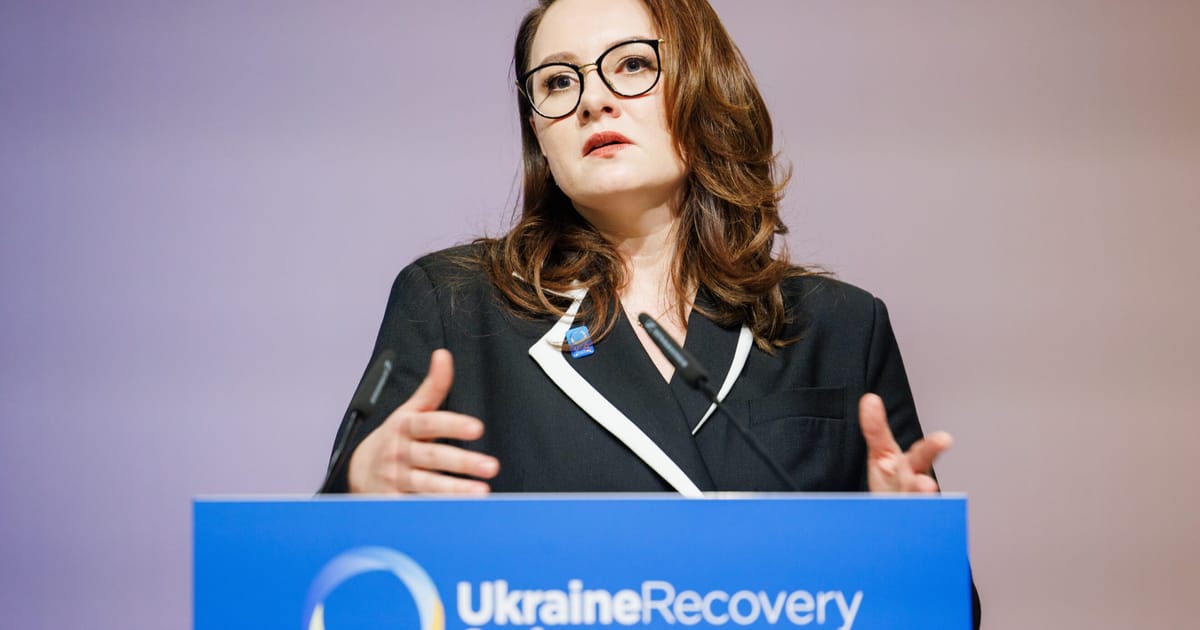

In a week marked by significant political movements across the globe, various countries have stepped up to forge fresh paths in diplomacy and governance. From Ukraine’s political reshuffle to renewed international cooperation agreements, these events showcase a world in dynamic transition.
Beginning in Eastern Europe, Ukraine has initiated a meaningful government reshuffle with the appointment of Yuliia Svyrydenko as the new Prime Minister. Formerly the deputy prime minister, Svyrydenko’s ascension marks a pivotal shift in Ukraine’s political landscape. As a trusted ally of Andriy Yermak, she is poised to steer the nation through challenging times, fostering stability and resilience. This change is not just a personnel update but a signal of renewed energy and strategy within Ukraine’s government as it continues to grapple with geopolitical challenges.
Meanwhile, Iceland finds itself at the crossroads of membership talks with the European Union. Following a period colored by global uncertainties, including discussions around potential U.S. actions towards Greenland, Icelanders are expressing an openness to revisit EU accession talks. The country’s foreign minister conveyed this sentiment against the backdrop of complex relations with the U.S., highlighting Iceland’s strategic interests in redefining its place on the international stage.
In a notable display of strengthened ties, Australia and China have moved past previously icy tensions, as Australian Prime Minister Anthony Albanese received a warm welcome in Beijing. During this significant visit, the two nations rekindled their diplomatic relations, engaging in fruitful discussions and symbolic gestures such as retracing historical diplomatic visits at the Great Wall. This visit marks a hopeful chapter in bilateral relations, focusing on economic partnership and diplomatic dialogue.
Further European collaboration was demonstrated through the signing of a new treaty between the United Kingdom and Germany. As British Prime Minister Keir Starmer and German Chancellor Friedrich Merz met in London, they inaugurated a bilateral treaty aimed at bolstering security and industrial cooperation. This agreement symbolizes a commitment to joint action against global issues such as smuggling and defense, illustrating an enduring partnership that continues to flourish despite the complexities of Brexit.
Amidst these cooperative initiatives, Syria has witnessed significant domestic changes. In a strategic move to maintain peace within its borders, Syrian forces have withdrawn from the Sweida province after a period of clashes with Druze fighters. President Ahmed al-Sharaa’s decision underscores a commitment to preventing escalation into a broader conflict, allowing local Druze groups to manage security. This also follows recent tensions involving Israel, as diplomatic efforts continue to seek stability in the region.
Together, these events demonstrate a complex web of global interactions where nations are actively redefining their roles and relationships. While challenges persist, the developments reflect a widespread endeavor to seek harmonious and mutually beneficial outcomes. Through strategic alliances, revisited memberships, and cooperative treaties, the world moves towards a future shaped by resilience and collaboration, embodying an optimistic view towards overcoming contemporary challenges with understanding and diplomacy.
Source: {link}
